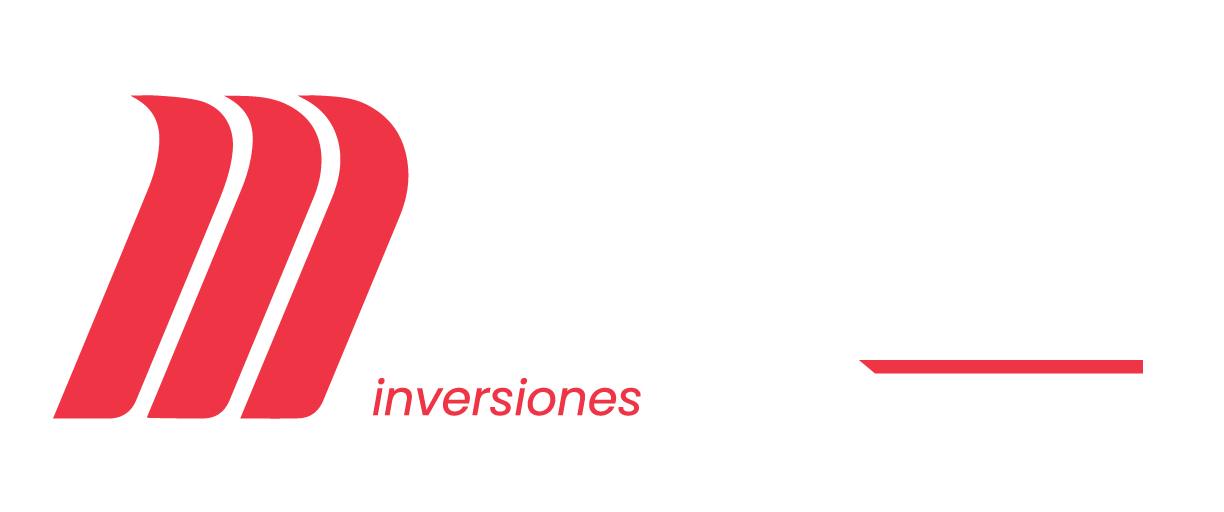The Journey of Google Search: From Keywords to AI-Powered Answers
Following its 1998 rollout, Google Search has developed from a uncomplicated keyword processor into a flexible, AI-driven answer technology. At launch, Google’s success was PageRank, which arranged pages based on the quality and volume of inbound links. This redirected the web from keyword stuffing favoring content that achieved trust and citations.
As the internet broadened and mobile devices increased, search conduct adapted. Google implemented universal search to amalgamate results (reports, illustrations, moving images) and later focused on mobile-first indexing to depict how people authentically navigate. Voice queries by way of Google Now and following that Google Assistant urged the system to process everyday, context-rich questions as opposed to short keyword collections.
The further breakthrough was machine learning. With RankBrain, Google kicked off evaluating at one time novel queries and user goal. BERT developed this by interpreting the shading of natural language—function words, situation, and links between words—so results more appropriately answered what people were asking, not just what they recorded. MUM stretched understanding among languages and varieties, facilitating the engine to correlate relevant ideas and media types in more complex ways.
In this day and age, generative AI is transforming the results page. Projects like AI Overviews integrate information from varied sources to present brief, fitting answers, ordinarily including citations and actionable suggestions. This cuts the need to tap numerous links to create an understanding, while nevertheless leading users to more in-depth resources when they intend to explore.
For users, this growth signifies more immediate, more specific answers. For content producers and businesses, it credits comprehensiveness, distinctiveness, and precision instead of shortcuts. Looking ahead, imagine search to become progressively multimodal—smoothly merging text, images, and video—and more individuated, accommodating to tastes and tasks. The journey from keywords to AI-powered answers is truly about evolving search from discovering pages to completing objectives.
